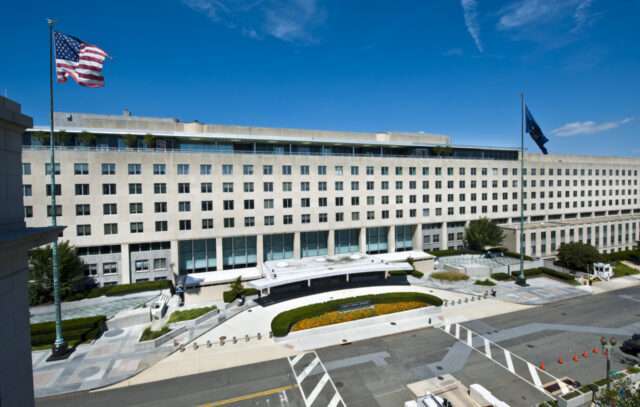Kazakhstan and the United States discussed cooperation in the field of energy security
- The United States wants to strengthen and increase bilateral relations with Kazakhstan since the country’s geostrategic position in Central Asia.
- Since the beginning of the Ukraine conflict, Astana has promoted a balanced foreign policy to avoid the effects of Western sanctions.
- United States-Kazakhstan’s cooperation in the energy field might also benefit the European Union whether Washington will manage to create a link between the Kazakh oil and gas fields and the European market through the Caspian Sea.
- Suppose the United States increases its presence and influence in Kazakhstan. In that case, the White House will reach the goal of eroding Kazakh’s economic dependence on China and Russia’s political pressure on the country.
Geopolitical Background
According to Kazinform correspondent reports citing the press service of the White House, Special Representative of the President of the Republic of Kazakhstan for International Cooperation Yerzhan Kazykhan met with U.S. National Security Advisor Jake Sullivan in Washington.
It is noted that during the meeting, the United States and Kazakhstan reaffirmed their commitment to support the principles of the UN Charter, including the sovereignty and territorial integrity of all states. The parties also discussed the strategic partnership between the countries and cooperation on key bilateral and regional issues such as energy security.
The American side noted that the United States supports the efforts of the President of Kazakhstan, Kassym-Jomart Tokayev, to improve the transparency and accountability of public administration in Kazakhstan.
The participants of the meeting drew attention to the fact that today, January 25th, 2023, representatives of the Kazakh and American delegations will hold the second meeting of the Commission on Human Rights and Democratic Reforms. The first such meeting took place in April 2022 in Astana. The parties discussed various issues on the development of civil society, religious freedoms, strengthening the judiciary and political reforms in Kazakhstan.
Recall that one of the essential aspects of the current U.S. energy policy in the Caspian Sea is the issue of diversifying the export of Kazakh oil. Washington sees excellent prospects in reorientating these flows from the Russian to the Caspian direction through Azerbaijan.
In November 2022, the U.S. Ambassador to Kazakhstan, Daniel Rosenblum, during a meeting with Kazakh journalists at the U.S. Embassy, stressed that U.S. companies were exploring “reliable new ways to export Kazakh oil”.
“One of the main things that we follow is the export of oil and resources within the framework of anti-Russian sanctions. In order for Kazakhstan’s exports to reach the right destination, coordination between the European Union, the United States and Kazakhstan is necessary. The key to solving this problem will be alternative ways to transport oil products from Kazakhstan. The issue is acute,” the diplomat said.
Earlier, the head of the Kazakh Cabinet, Alikhan Smailov, said that Kazakhstan would annually export about 1.5 million tons of oil via the Baku-Tbilisi-Ceyhan pipeline. The route was to become the official alternative to the Caspian Pipeline Consortium (CPC). However, all bypass transportation routes proposed today cannot yet compete with CPC, losing either throughput or transit costs.
Analysis
Although media and scholars have often highlighted that the United States has shifted their foreign policy from Central Asia and Afghanistan to the Asia-Pacific, Washington’s diplomatic efforts in the region have confirmed the White House’s desire to play a relevant regional role.
In January 2022, Kazakhstan faced internal protests, which the government overcame thanks to the military support of the Collective Security Treaty Organisation (CSTO). After January, the country experienced a referendum for constitutional reform and the presidential elections that confirmed Kassym-Jomart Tokayev’s leadership for the next seven years.
The Ukraine conflict has posed Kazakhstan in front of a difficult challenge: staying in the Russian sphere of influence and supporting the Kremlin’s confrontation with the West or attempting to balance Astana’s foreign policy between the West, Russia, and China.
Although Moscow considers Kazakhstan as part of its blizhnee zarubezhe (near abroad) and lebensraum (vital space), and the Kremlin has several times put pressure on the Kazakh leadership, and considering the Chinese huge and significant economic presence in Kazakhstan through financial investments, the Kazakh government continues looking at the United States as a reliable partner with whom expanding cooperation.
Eroding the Russian influence and the Chinese economic presence in Kazakhstan is part of the U.S. strategy in Central Asia since the country plays a regional strategic role and might contribute to European energy security in partnership with neighbouring Turkmenistan.

